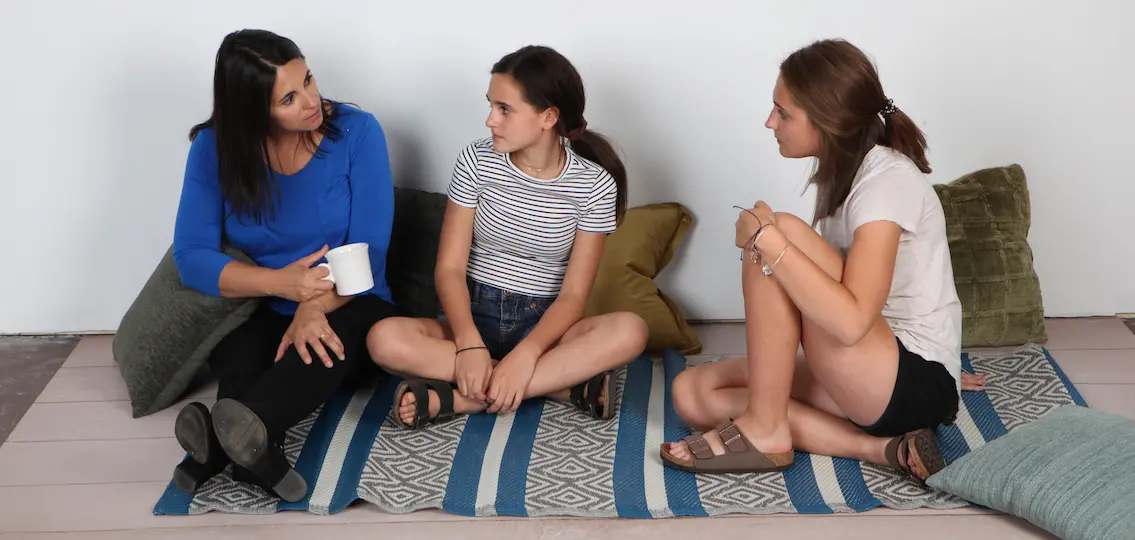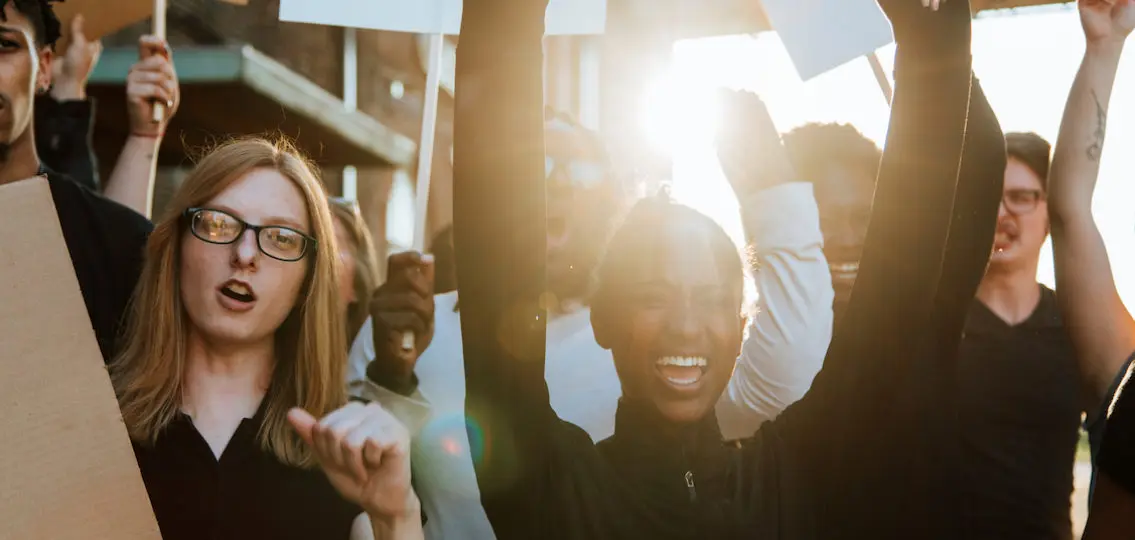Dr. Scott Frank, MD, MS, is the director of Public Health Initiatives in the Department of Population and Quantitative Health Sciences at Case Western Reserve University School of Medicine. Dr. Scott Frank believes that racism is a public health crisis. A physician for 25 years, he has been involved in the African American community throughout his life in Cleveland, Ohio.
As a result of his professional and personal life experiences, Frank understands that social determinants of health and the place that you live in have a greater impact on a person’s life expectancy than their genetic code.
Frank explains that when people meet and get to know others who are different, they are able to understand and embrace those differences rather than fear them or be put off by them. In learning about other people’s lives and seeing the suffering and trauma that are part of them, Frank hopes that people will commit to pursuing justice and caring for the community. In his case, he was unable to “unsee” the injustices and the disparities that existed.
He doesn’t presume to tell others how to be anti-racist or how to be an ally, but he does acknowledge that it takes consistent action over time. Correcting these social injustices take a lot of commitment. That includes being uncomfortable and speaking up when you know it make others uncomfortable. He also explains that the more authentic time we spend with people who are different from us, the more we can learn and develop a sense of what other experience.
In terms of public health, Frank’s viewpoint is clear. “The more we can find ways to do best what people need most, the better off we all are.”
Finally, he shared a poem that he wrote that he hopes will help people on their journey regarding race:
“Some lives are lived just off the page
Unseen, unheard, without a stage
No words, no doubts, just do without
Just full of fear, just full of rage just full of same
Just off the page.”

The words in this poem have applied to almost all of us at one time or another. We have felt awkward, uncomfortable, or unwelcome. But if one imagines living that way every day – or every moment—then we can on one hand, resonate with other people but also recognize the difference in scale of the experience for others.





